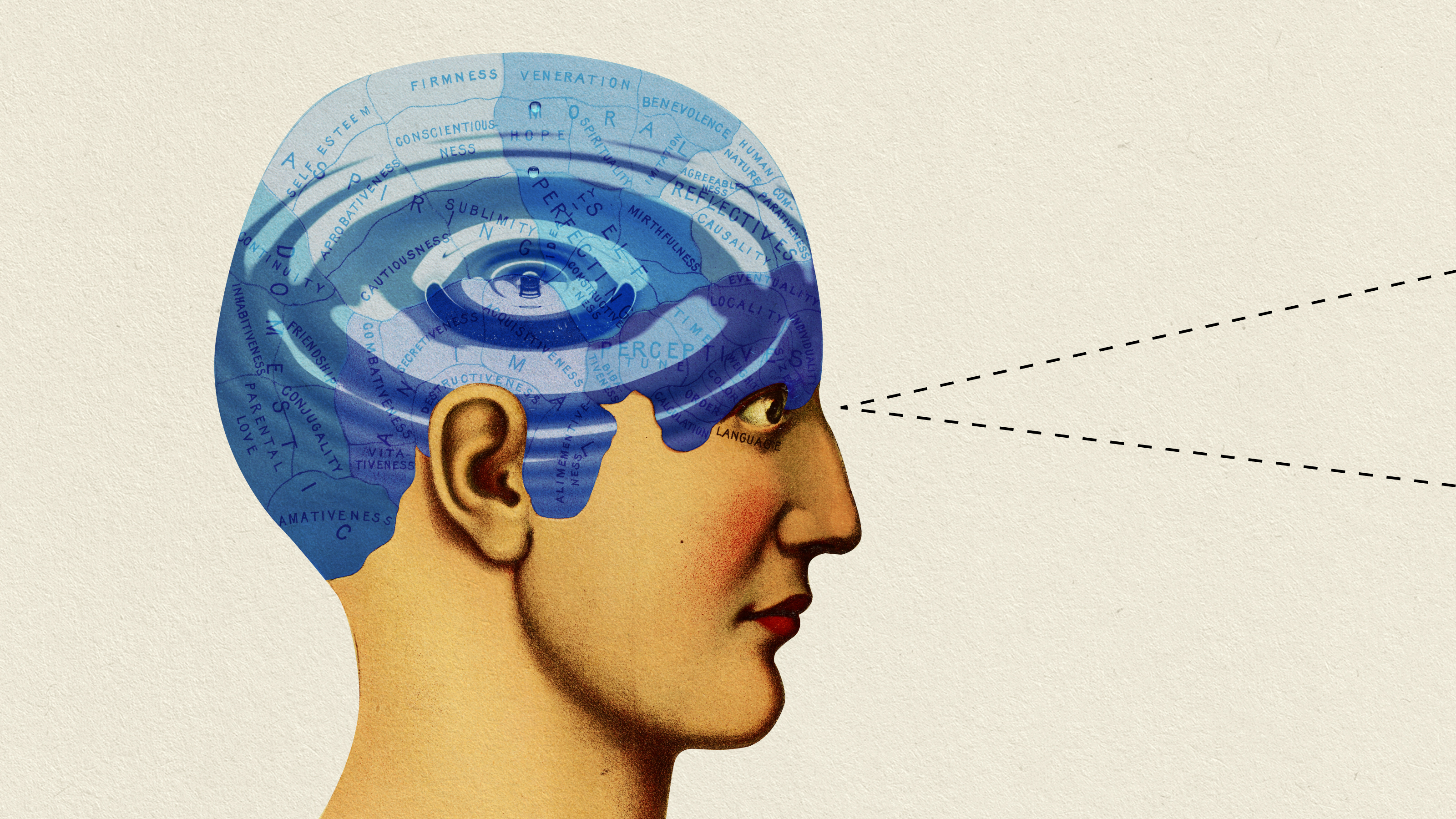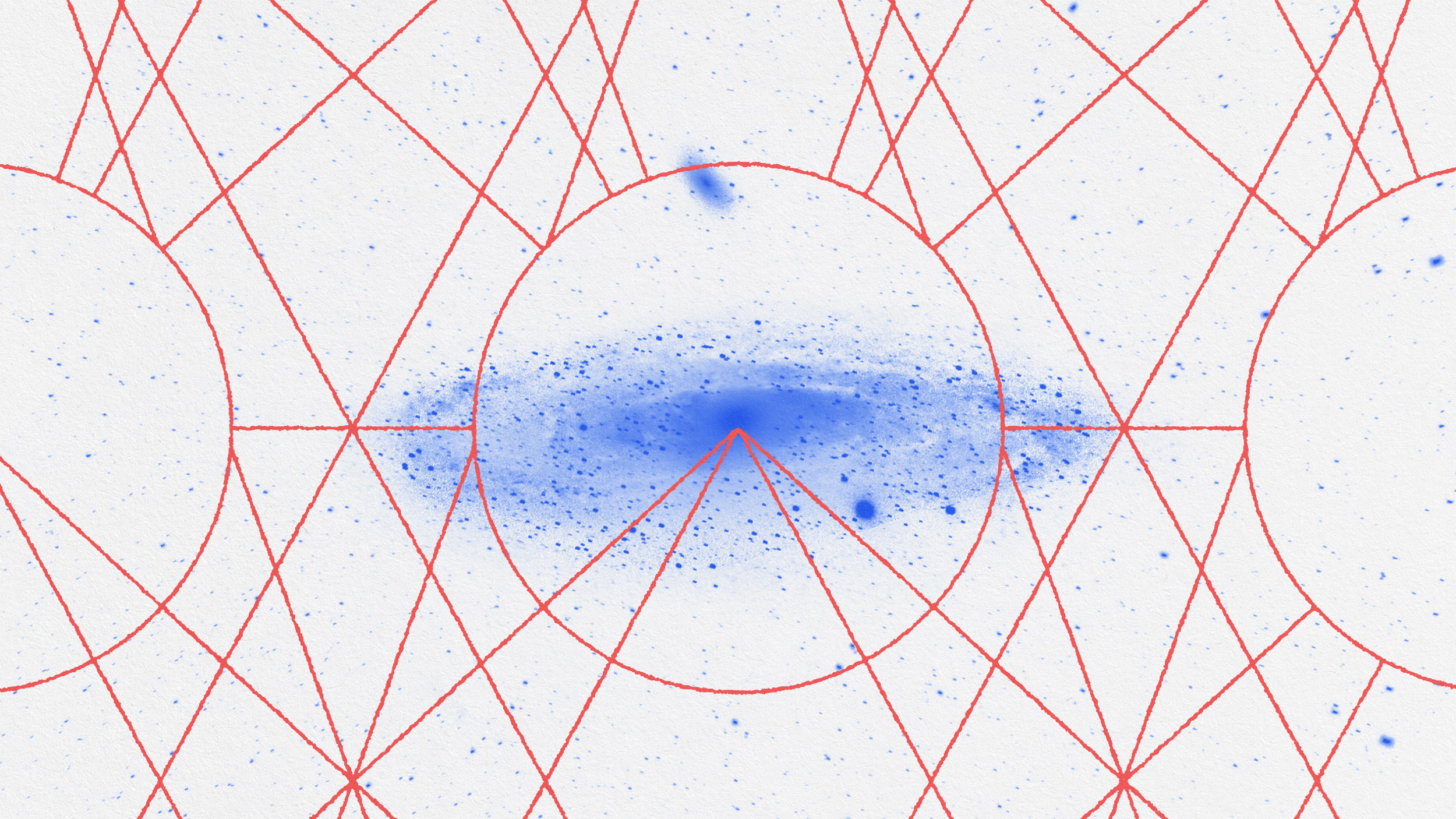How to learn a new language while you sleep

- While it was believed you cannot learn new information while asleep, a new study in Switzerland makes the case for sleep encoding.
- 41 native German speakers were introduced to a nonsense word alongside a German word to forge a relationship.
- When tested while awake, the real word was defined by the nonsense word 10 percent higher than random chance, suggesting a bond was formed while asleep.
On a recent trip to Berlin, I mostly conversed with my taxi driver through Google Translate. His English was much better than my Turkish, but as we began discussing two of the finer things in life—music and cuisine—he wanted to discuss his favorite ney players and direct me to the best kabobs in town. I was grateful, if not a little frightened as he tried to manage the phone while veering around the tight corners of the city.
Turkish was never at the top of my list of languages to learn, though after watching “Ida” a few weeks ago, my wife and I discussed Polish as an option. She speaks numerous languages while I can barely get by in Mexico on my lackluster Spanish. I spent three years in high school studying it, along with dedicating time to Hungarian tapes, but nothing has stuck.
What if I was missing an essential training method, such as… sleeping?
That’s what a new study, published in Current Biology, claims. It’s not as if playing those tapes will automatically grant you linguistic superpowers. That said, the research is another indicator that we don’t necessarily know where the boundaries of consciousness begin and end.
That’s because we often treat consciousness like a light: It’s on when awake and off when asleep. Untrue. There are many autonomic processes that easily cross that divide—they have to, or else we wouldn’t be alive—that inform conscious decision-making. Unconscious activities inform us all the time.
4 useful skills you can actually learn while you sleep
Sleep is essential for good health, but it’s also necessary for retaining information. This is why all-night cramming before a test is counterproductive. A restful night’s sleep helps us remember much more effectively than skipping out on our slumber. Megan Schmidt writes for Discover:
While we catch Z’s, our brains are busy organizing and consolidating the information and events we encountered that day. Important stuff gets filed away, while unimportant stuff gets deleted to make room for new learning.
Researchers at the Decoding Sleep Interfaculty Research Cooperation—those Swiss really know how to name institutions—fed sleepers a fake word to associate with a real one. In one instance, it was tofer and Haus, the German word for “house.” These words were played during the peak of slow waves in the sleep cycle, when researchers speculated learning might occur. Alas, they did.
Reactivations of sleep-formed associations were mirrored by brain activation increases measured with fMRI in cortical language areas and the hippocampus, a brain structure critical for relational binding. We infer that implicit relational binding had occurred during peaks of slow oscillations, recruiting a hippocampal-neocortical network comparable to vocabulary learning in the waking state.
The odds were against them. During slow-wave sleep, plasticity-related genes are in short supply; long-term potentiation is limited; acetylcholine, a neurotransmitter that supports learning, is also reduced. And yet, given positive results in mice, the researchers recognized that sounds, words, and even tone-odor combinations can be encoded during sleep. A relational binding of vocabulary, such as tofer-Haus, would signify that such an encoding is possible.
The science of sleep
Enter Marc Züst, first co-author:
What we found in our study is that the sleeping brain can actually encode new information and store it for long term. Even more, the sleeping brain is able to make new associations.
Forty-one native German speakers took a nap. The “pseudoword” was presented four times in succession, like a bad horror movie: tofer-Haus, Haus-tofer, tofer-Haus, Haus-tofer. The somnambulist rhythm matched the slow waves experienced while unconscious.
That wasn’t the only word pairing, mind you. An average of 36.51 word pairs were repeated 146.05 times over the course of the nap. The idea was that tofer would be related to Haus, so that even though the former word is nonsense, the volunteer would relate it to the real word upon awakening, when they were presented the nonsensical word without priming. It worked.
Researchers found participants were able to correctly classify foreign words at an accuracy rate that was 10 percent higher than random chance, as long as they heard the word at precise times during slow wave sleep. The result suggests that the approach the researchers used causes the brain to form memory traces, or changes in the brain that help us store a memory.
So, if you know that a biktum is a bird, someone might have placed speakers in your bedroom. More importantly, there might be a new training method for learning an actual foreign language. Leave the made-up verbiage to experts, like Sigur Rós and Björk. For a crash course in Polish, press play before hitting the hay.
—





